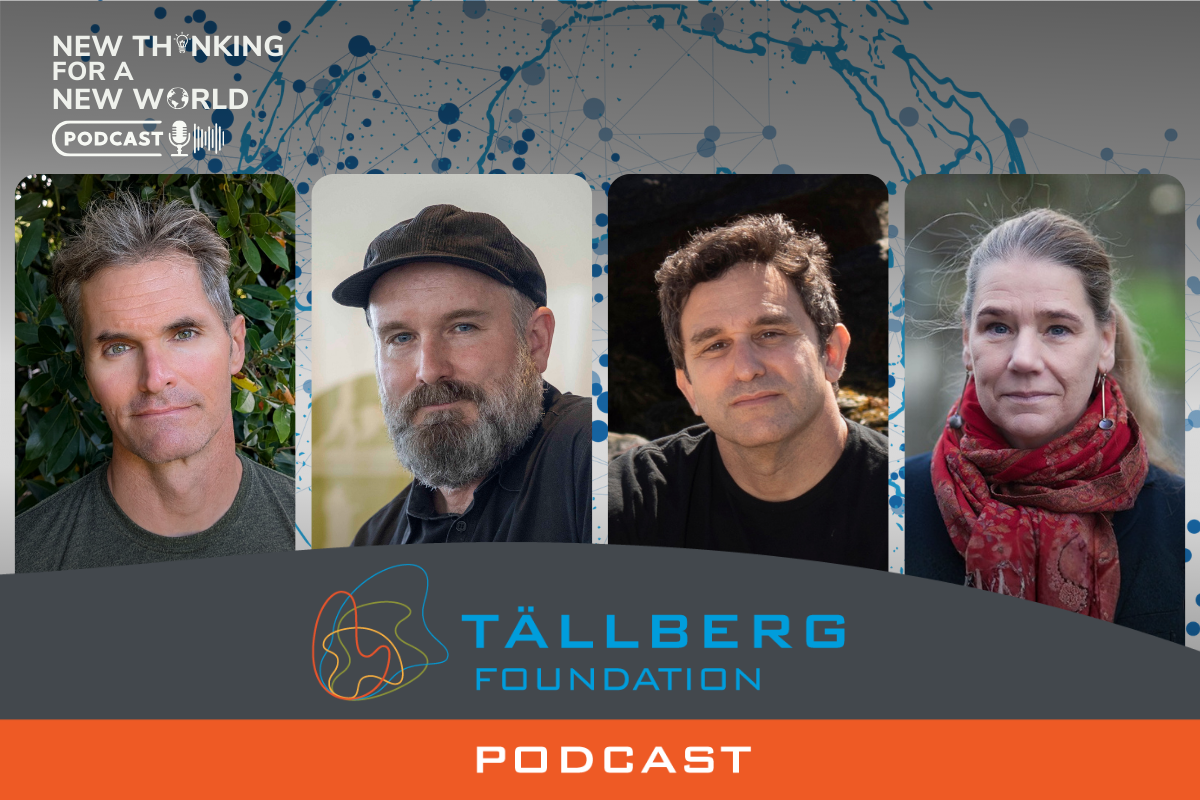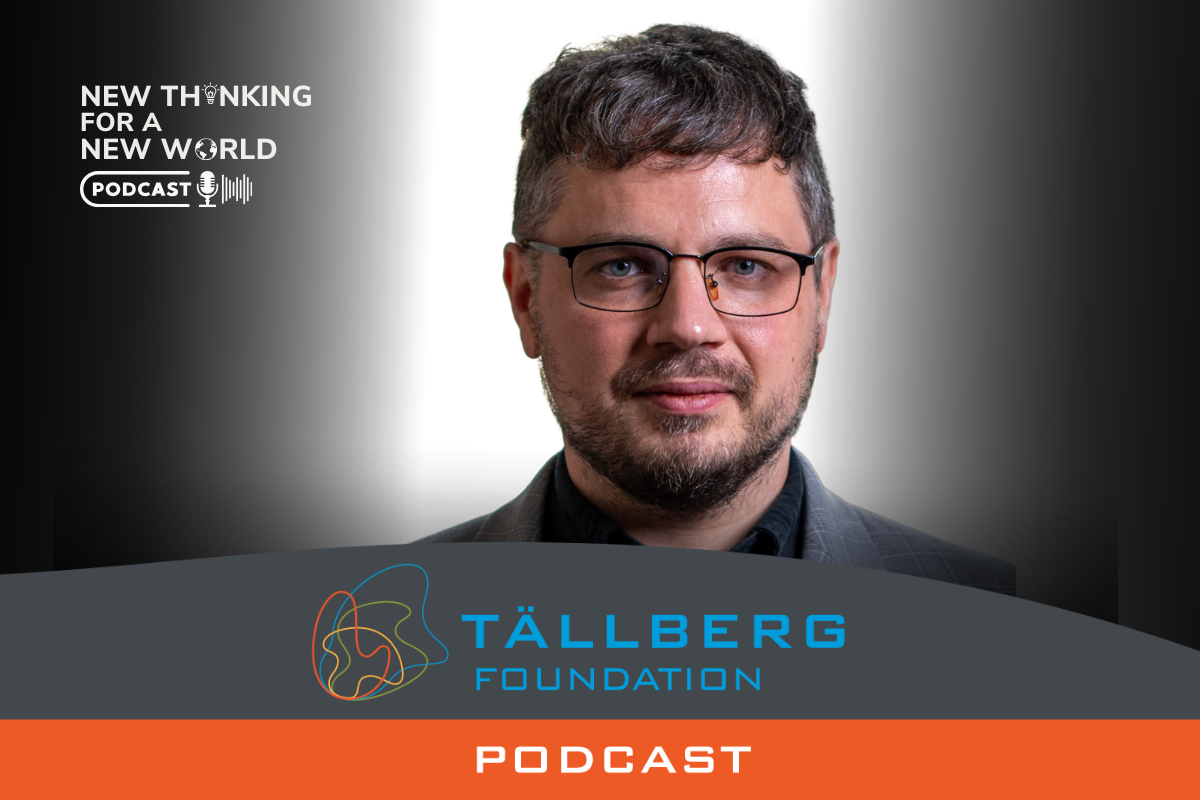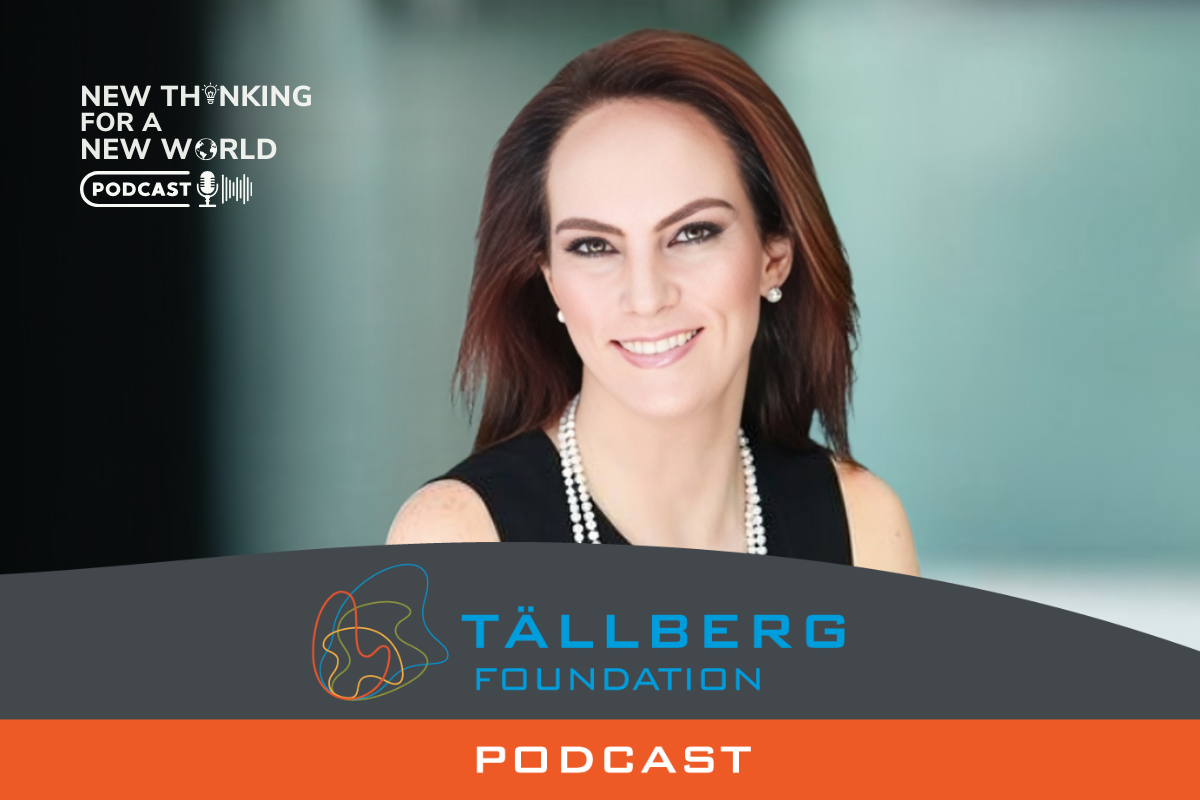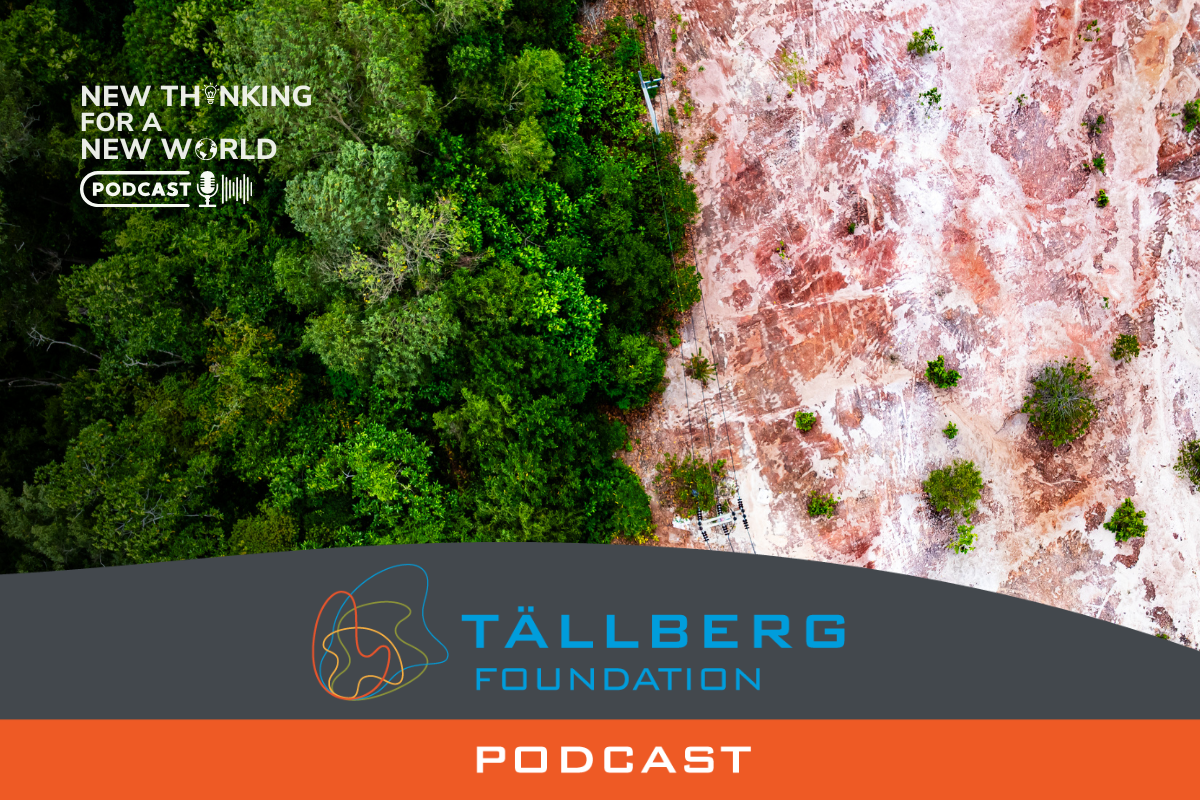India had the world’s largest economy until the 17th century but suffered almost 500 years of decline afterward. However, India is currently the world’s most populous nation with one of the largest economies. Will India continue to evolve and become a global power? Milan Vaishnav is a senior fellow and director of the South Asia Program at the Carnegie Endowment for International Peace. He shared some answers in this episode of the New Thinking for a New World podcast.
BE SURE TO PARTICIPATE IN THE POLL AND COMMENT AT THE BOTTOM OF THIS PAGE.
***
India’s backstory is largely unknown in the West. Between the 1st and 17th centuries AD, the country had the world’s largest economy, controlling as much as one-third of global wealth. But that seemingly endless prosperity was followed by almost 500 years of decline as India was plundered and pushed aside by modern powers.
Fast forward to 2023: India is the world’s most populous nation with one of the largest economies. The three trillion dollar Indian economy is expected to grow faster this year than any other major country in the world. Foreign investment is pouring in, partly looking for a safe haven from China’s geopolitical ambitions and partly seeking to participate in India’s new dynamism.
The man who has presided over this renaissance—Prime Minister Narendra Modi, in office since May 2014—is a global rock star. Indeed, some pollsters make the case that he is the most popular leader in the world. He has brought a degree of stability to a country where political violence used to be endemic and somehow produced an economically and geopolitically resurgent India. His and the country’s importance are recognized by India’s 2023 presidency of the G-20, as well as the West’s aggressive courting of Modi and India as rivals to Xi and China.
Yet Western (as well as some Indian) critics worry that Modi’s version of democracy is too autocratic and inward-looking, too rooted in Hindu nationalism to be sustainable. And they are skeptical that India has an economic model that can sustain the kind of outsize growth that transformed China from a country with lots of people to an economic superpower.
Is India’s continuing rise inevitable? Can India leverage all those people and their aspirations into supersized economic growth and power? Or might the underlying centrifugal forces of religion, inequality, and nationalism—and the sheer weight of almost 1.5 billion people—overwhelm what Modi and other Indian public and private sector leaders have set in motion? Could India really become an alternative to China?
Milan Vaishnav is a senior fellow and director of the South Asia Program at the Carnegie Endowment for International Peace in Washington and an accomplished India watcher. He shared some answers in a recent New Thinking for a New World podcast.
***
TELL US WHAT YOU THINK BY TAKING THIS SHORT POLL.
And by commenting below.
Listen to the episode here or find the New Thinking for a New World podcast on a platform of your choice (Apple podcast, Spotify, Stitcher, Google podcast, Youtube, etc).
Milan Vaishnav is a senior fellow and director of the South Asia Program and the host of the Grand Tamasha podcast at the Carnegie Endowment for International Peace. His primary research focus is the political economy of India, and he examines issues such as corruption and governance, state capacity, distributive politics, and electoral behavior. He also leads a Carnegie research initiative on the Indian diaspora.




We began to define “India” using a Eurocentric naming system. To figure out your answer will mean to factor in India as a state, the people from that subcontinent which includes Bangladesh, Pakistani, India, Nepal, the different surrounding countries and the “Indians” in the diaspora. Kinship is another centrifugal force galvanising all cohesive definers of India from food preparation through festivities, technology to being a super power. In San Francisco a famous Pakistani – Indian restaurant is a cultural mecca. The examples are everywhere. India’s influence is galvanising because it shareable and practical. It gave us Mahatma Ghandi, Tata and now it has given us a British Prime Minister.
India’s largest marketplace economy and better tomorrow awareness campaign rather knowledge or improve reliability and sustainability in largest city focus on technology and better economy.India’s much focus on sustained growth and geo-political instability cause mere dream on convoy PM Mr.Narrender Modi to encompass security and reliability sustained prosperity focus relationship together climate change and page of observer maybe modern technology more political stability enhance sustainability aware, long time sustained prosperity and geo spatial distribution.I think might go on progress and console of AI technology manage entrepreneur and coverage social media to recover equality and safe equipment with zero tolerance.thanks
Well, I believe India’s humility and entrepreneurial skills can help transform their country to be an alternative to China.
India is an experiment that differs in its ingredients and results from China
1. China’s gains from the historical era of conflict
The Chinese experience benefited greatly from the previous era of global conflict
– It was able to acquire many industrial and military models
which is the basis of Chinese supremacy
– China derives its strength from the tightening of its political grip on all components of the state
Unlike India, which does not have the capacity to do so
2. India is a partner, not a substitute
The Indian experience is based on activating industrial and commercial partnerships regionally and internationally with China and major countries
to localize industries
3. India suffers from a major economic gap
Uncontrolled population growth drains the state’s economic resources
It limits the economic growth of India
4. India’s politics are part of the economic downturn
The election of a populist prime minister is the product of the economic hardship of the vast majority of the people
Reflected on the political situation of nationalism
India is unstoppable and their spirits may surplus China and other superpowers by 2045ad & if India nurture restraint hate crime and improvise tolerance which is the traits of ordinary Indian citizens may change the world into better habitable Earth by current leadership trends!